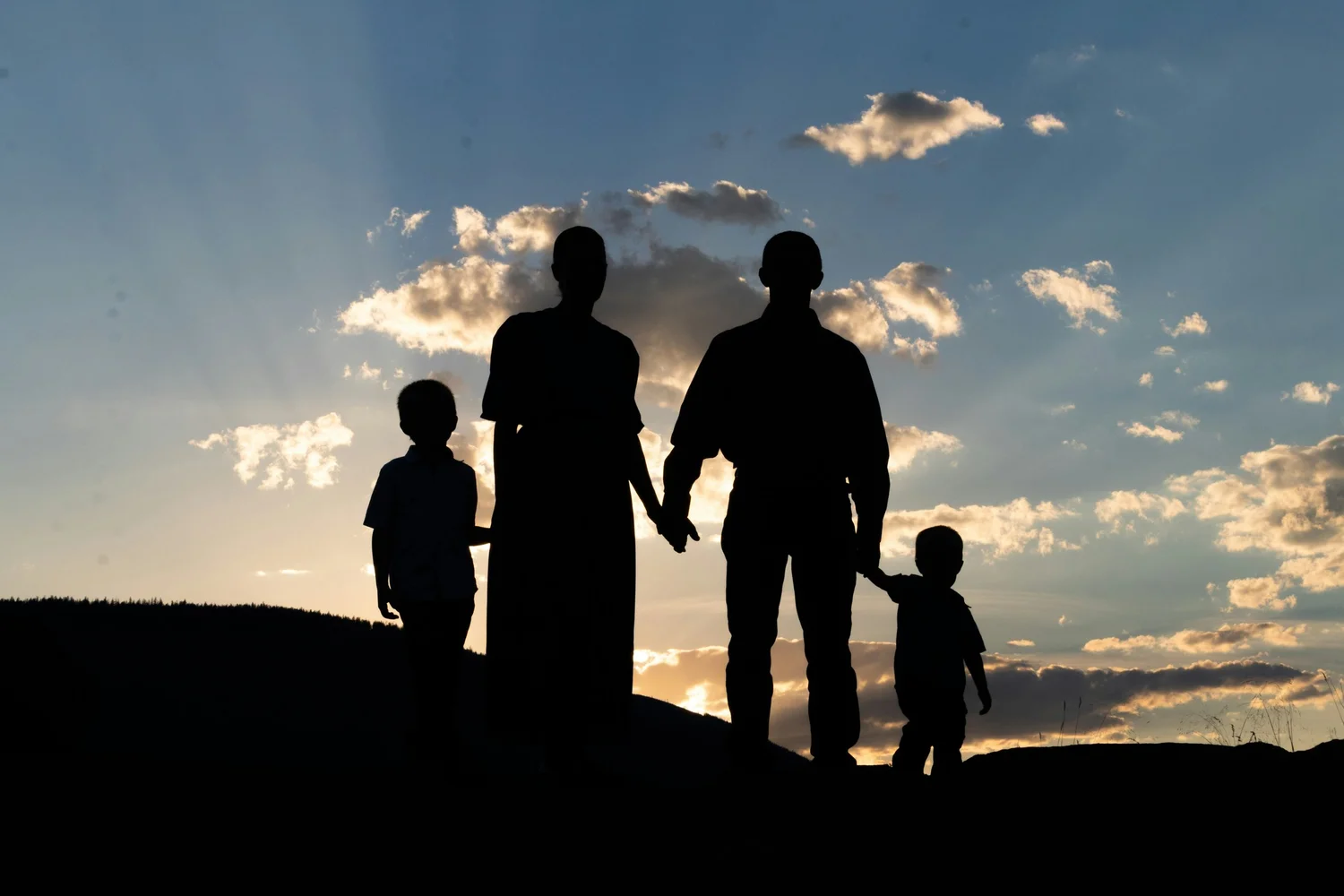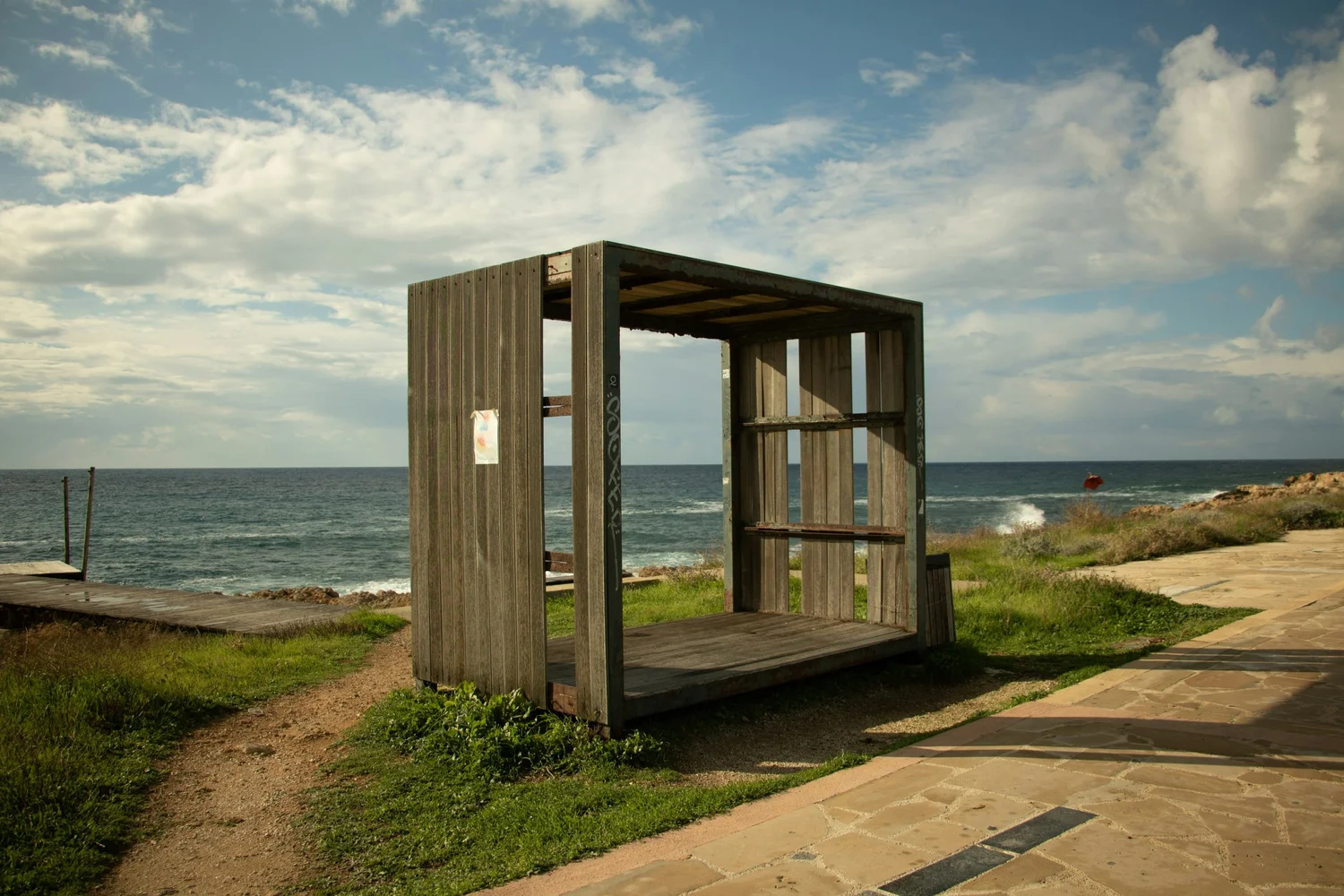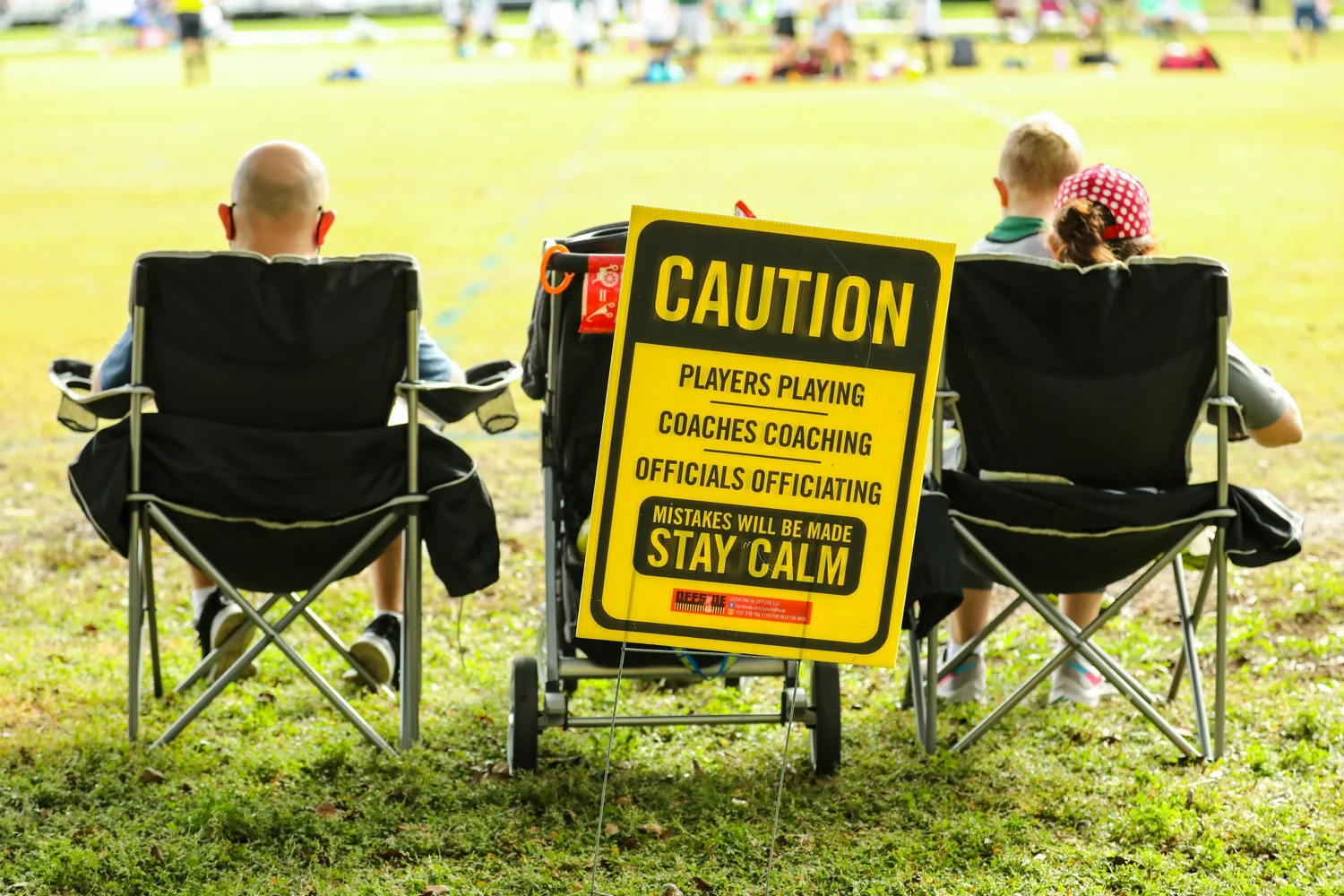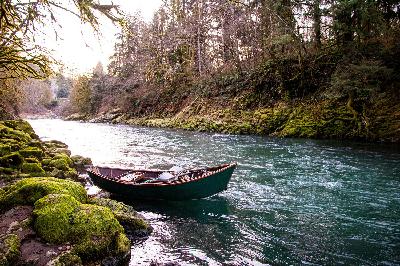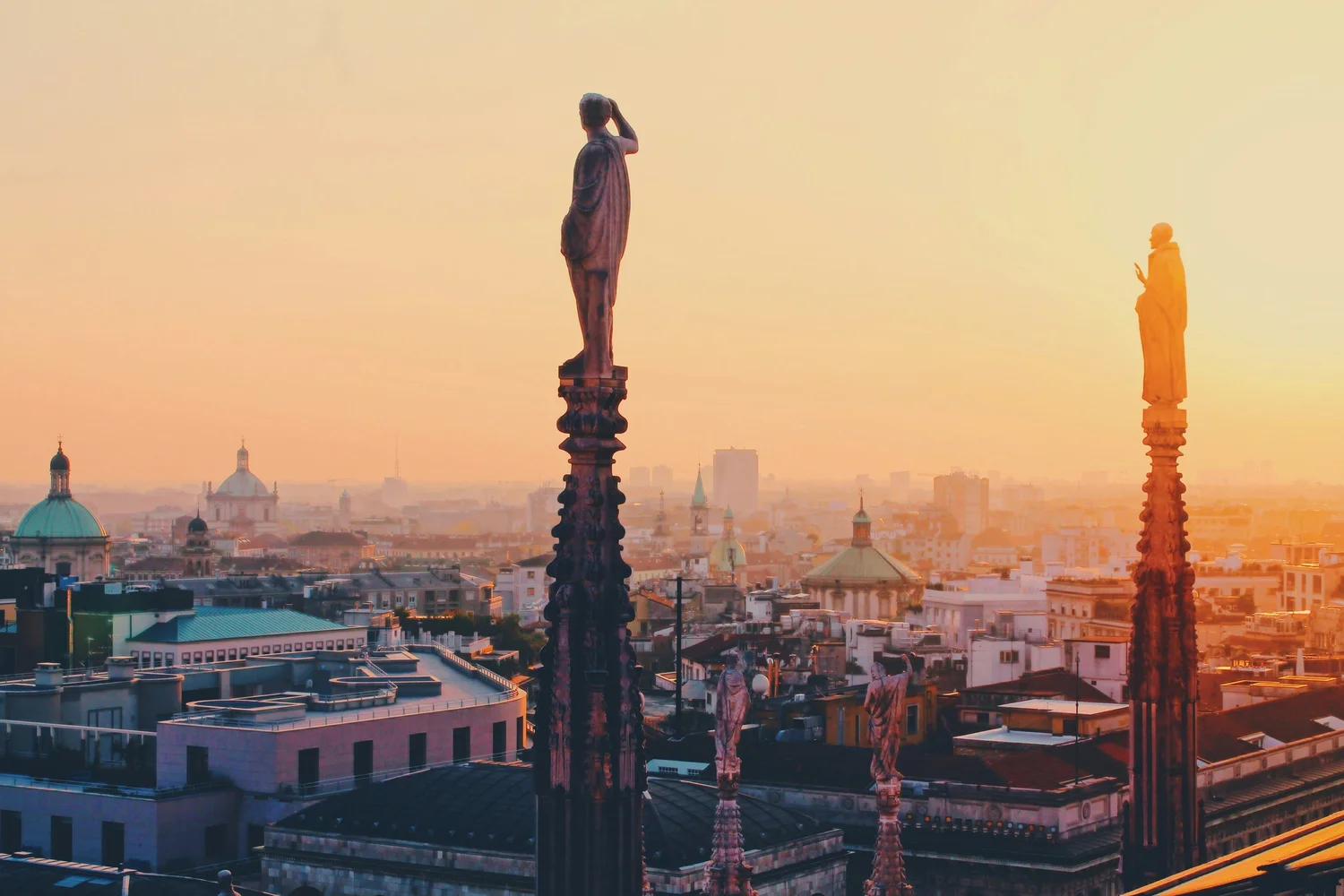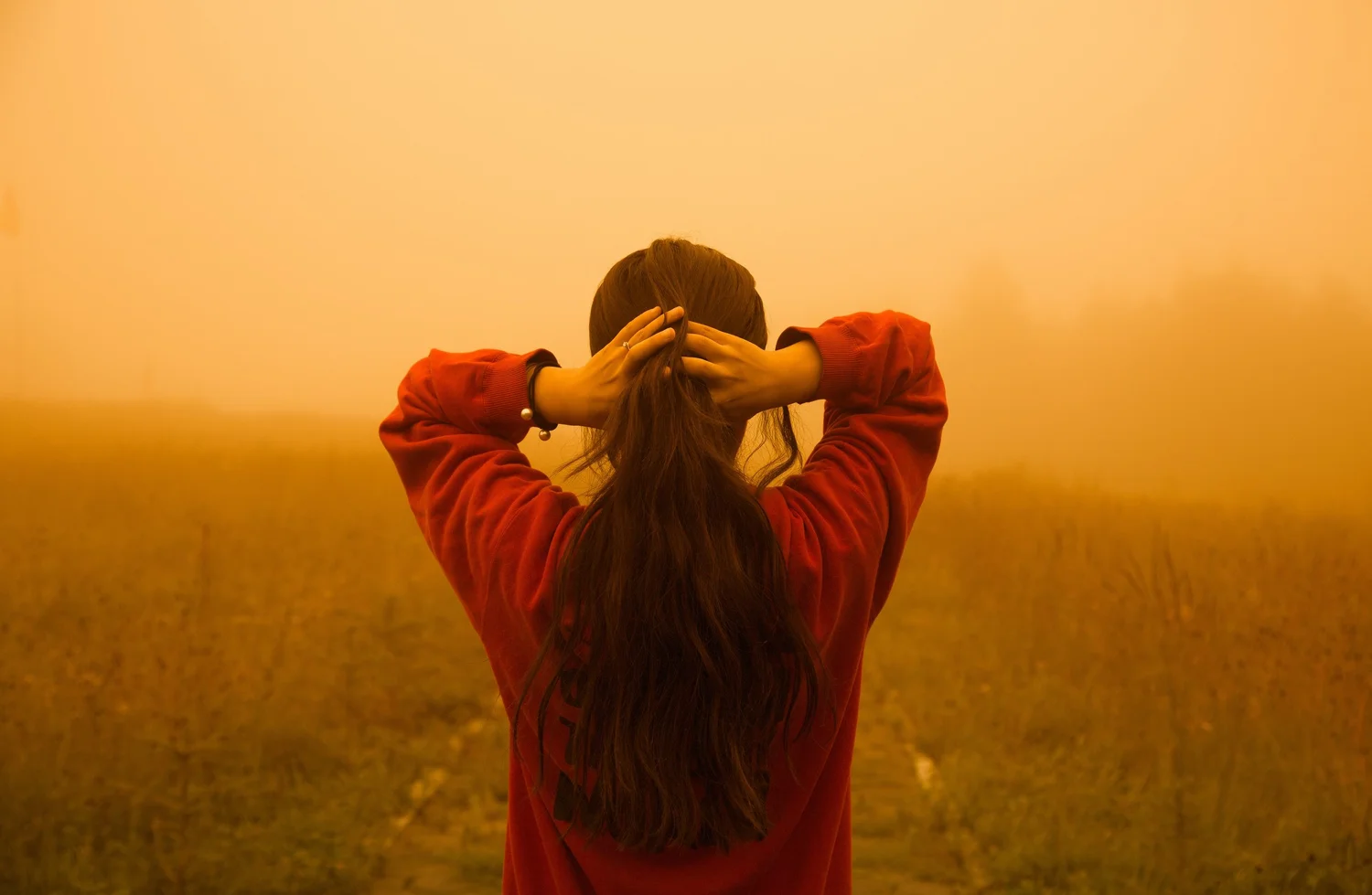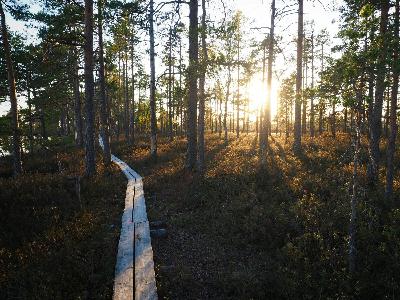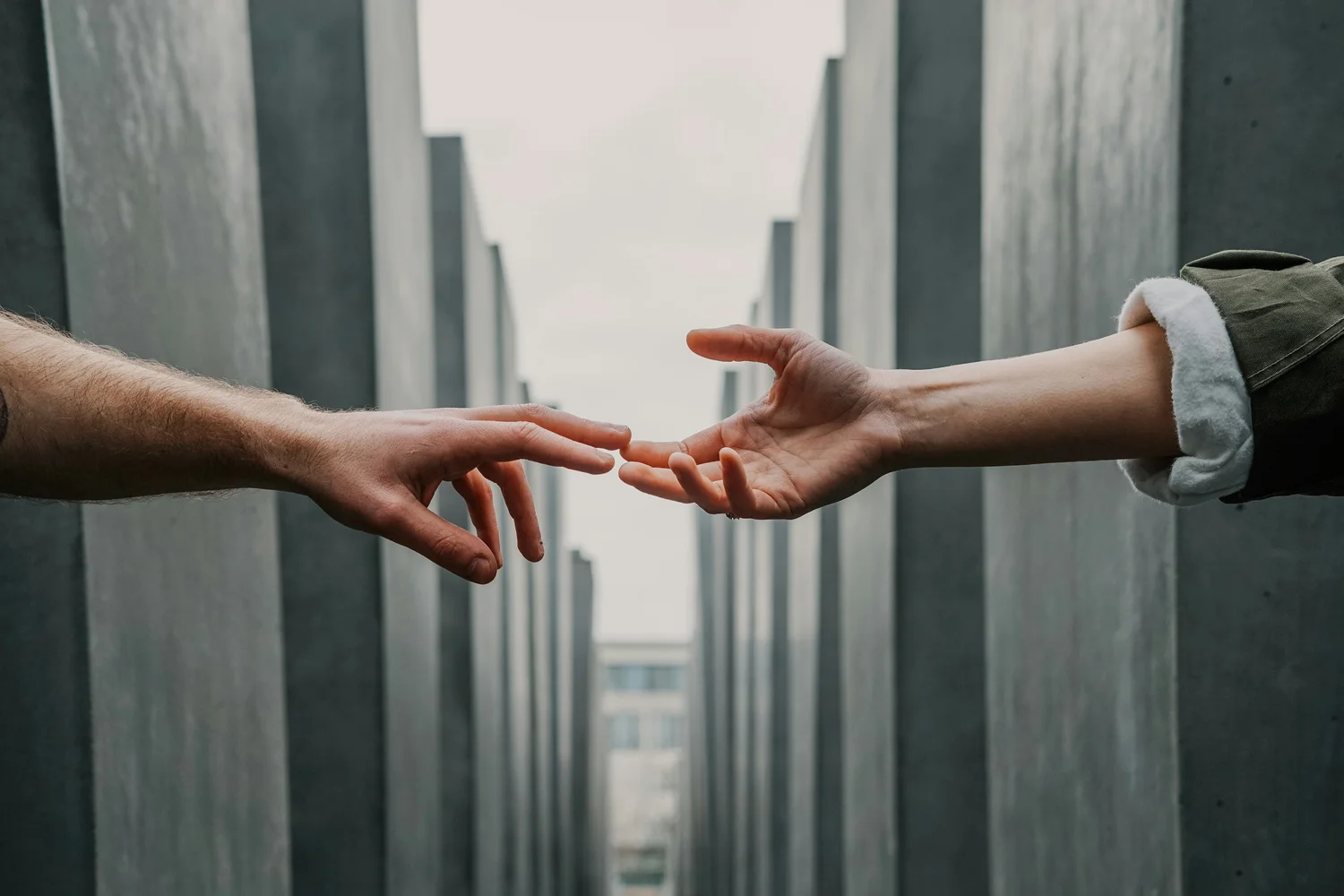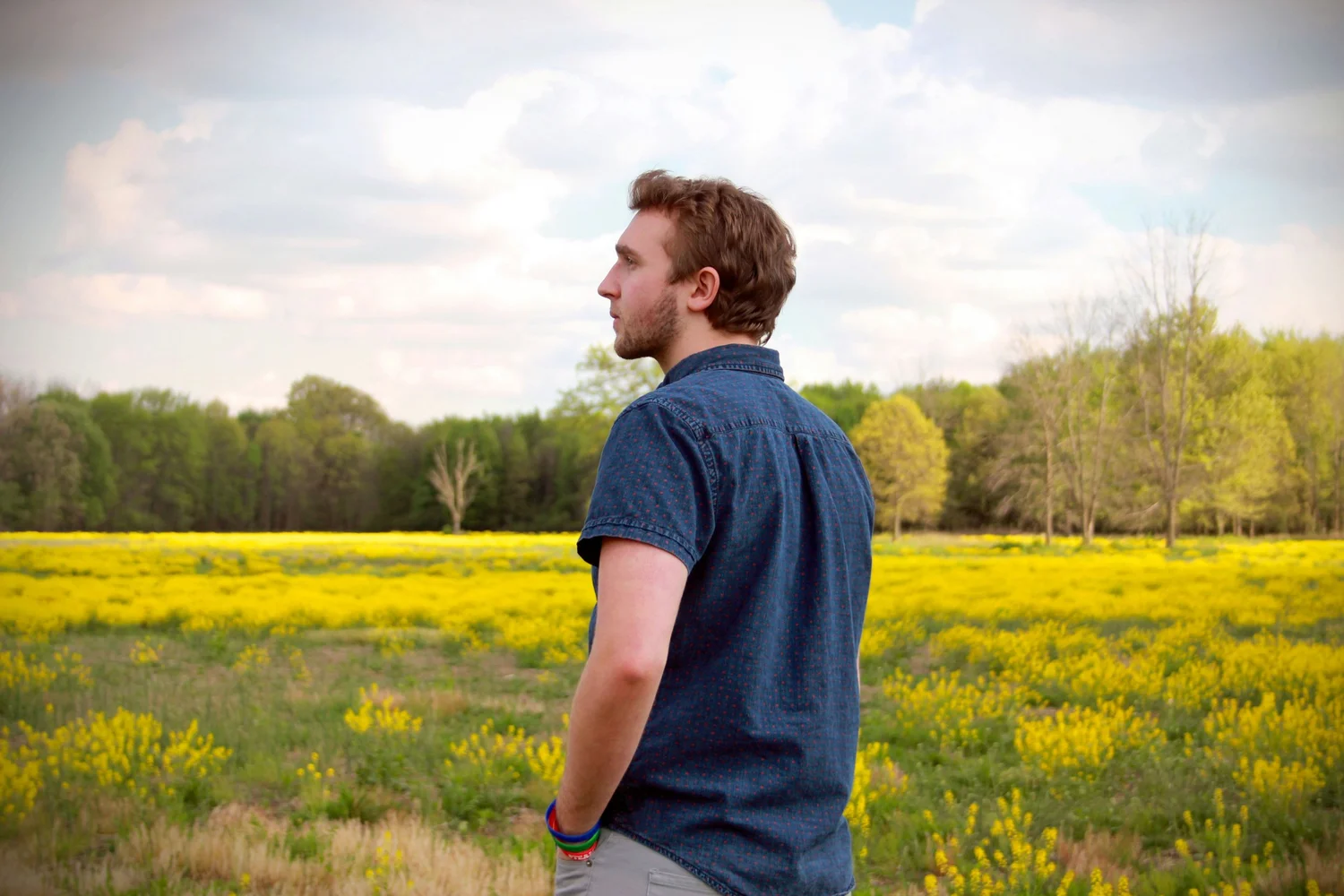Season 5, Episode 4: Meaning, Values, Nature, and Family
Description
<figure class="
sqs-block-image-figure
intrinsic
">
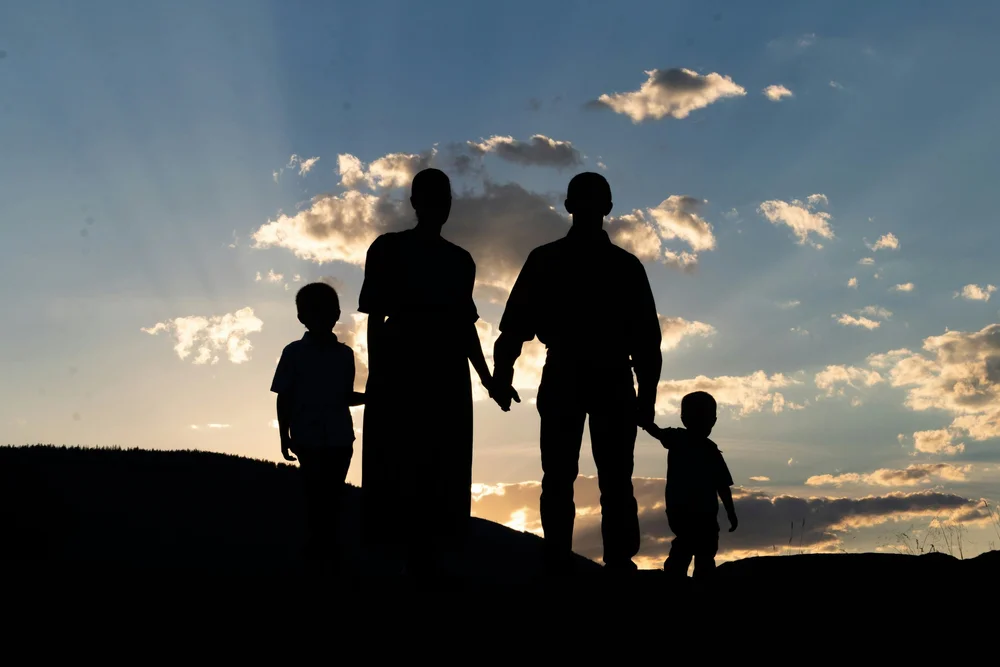
<figcaption class="image-caption-wrapper">
image credit | Shelby Bowman
</figcaption>
</figure>
Season 5, Episode 4: Meaning, Values, Nature, and Family
Your environmental identity is a core source of strength and long-term coping with eco and climate stresses. This was the theme of this episode as Panu spoke with Thomas about Part II – Identity – of Thomas's new book Surviving Climate Anxiety. As Thomas explained, each chapter, “Meaning,” “Values,” “Nature” and “Family” highlights a core aspect of environmental identity and how it's made and maintained. Panu and Thomas also discussed the recent New York City Climate Week activities as an example of positive changes and opportunities to engage with gifted leaders and innovators. Join us for an inspiring discussion!
Links
Transcript
Transcript edited for clarity and brevity.
[music: “CC&H theme music”]
Introduction voice: Welcome to Climate Change and Happiness (CC&H), an international podcast that explores the personal side of climate change. Your feelings, what the crisis means to you, and how to cope and thrive. And now, your hosts, Thomas Doherty and Panu Pihkala.
Thomas Doherty: Well hello, I’m Thomas Doherty.
Panu Pihkala: And I am Panu Pihkala.
Doherty: And welcome to Climate Change and Happiness. This is our podcast, for people around the globe who are thinking and feeling and dreaming deeply about climate change and other environmental issues. And we ask this provocative question, what does it mean to be happy in the modern world? And that usually animates our discussions. Panu, how are you doing today?
Pihkala: Thanks for asking, Thomas. It's early evening in Helsinki as it is usually when we record and this is going to be the second in line on episodes where we heavily discuss Tomas's new book which is soon gonna come out of the printing houses. Surviving Climate Anxiety, A Guide to Coping, Healing and Thriving.
And this episode we are looking especially at part two, which has the general heading of identity, but it has four chapters on meaning, values, nature and family. All topics that we love to discuss in this podcast. And also, I know, Thomas, as we record this, you're soon about to end your trip to the New York Climate Week. So I wanted to get us started by asking how has that experience been?
Doherty: Yeah, thanks Panu. Yeah, I'm coming in from a non-traditional location here in New York City, and currently in Manhattan. yeah, it's been a really nice week and I've had a chance to visit some. Travel is a big deal these days and so you want to make the most of your travel opportunities. So I've been able to visit with family here and be a tourist in New York and get my daughter Ava off on her own travels. She's turned 18 and she's doing some world travel. So that's a big developmental stage for us and our family. And then meeting with my publisher.
And then, yes, attending, and it all happened in the context of this climate week, which is just a general open series of meetings and events across New York related to climate change, and also held in tandem with the current UN General Assembly. So there's a lot of events, actually way more than you could possibly attend, but I was able to see some really great events about education and talk to public school teachers and Sarah who we know from the Climate and Mental Health Network. We've also interviewed Anya Kamenetz. So I've got to meet a couple of the people that we've interviewed and saw a really good talk on food production and chefs and people being creative about making food taste good and also be sustainable. And then there was talks about policy and economics and the arts. I also did a really nice nature-based therapy group with a therapist named Maya in Brooklyn, New York who did a movement-based therapy group. Another artist named Hila the Earth who's a really fun performance artist. So I really got a chance to do a lot of things and at another point we can talk about the arts but I got to see the Waiting for Godot play, the current production of Waiting for Godot on Broadway which is something we can bookmark for another conversation about the arts. But yes, a full week and I should say that was all the messages around climate and action I heard were positive.
Pihkala: Yeah, quite a counterbalance to some of the content in the global news, but great to hear about how rich the experience has been there. Whenever I went to social media during the week, I've seen photos of my American colleagues at New York climate week. So lots of people working with these issues there, as you say.
Some of the things you mentioned have quite explicit links to the chapters and themes in the parts two of your book. For example, different identities and values. Sometimes they might have something to do with food and preparing food and for some other people some different things. And of course identity as a broad steam has been very much present in this podcast and in this form.
These chapters, are partly doing a sort of general audience presentation of some of the classic research in environmental psychology, but I would say in a quite user-friendly way. So there is more information and concepts, it's not very technical. It's not an academic course book, but it's linking the important research to the teams that you are discussing.
If you're thinking of part two and of course your experiences in New York during the week, what are some of the themes that most powerfully come to your mind?
Doherty: Yeah, well one of the messages I wanted to get out in the book and potentially the biggest message is this idea of environmental identity, which we talk about on the podcast a lot. It's still an unfamiliar term for a lot of people and it's just basically really tapping into our sense of our identity and our sense of self and personhood in relation to nature and the natural environment, not just our possessions and our physical environment.
Everyone has one, an environmental identity of different kinds, and often it's sort of just under the surface and when you get people talking about it, it leads to these conversations. That's sort of how that section of the book got designed because, the overall section is called identity, but the meaning is really like how we make sense of the world and how we see ourselves, you know, this eco timeline, you know, from our birth to the present, on the episodes in the podcast here, when we talk about people's background and how they got to their work, that's what they talk about is where they grew up, their sense of place, their family, connections with nature.
And so, the whole book was a strategic question of how to sequence all of these ideas for the reader so they can kind of follow along and have this building sense of themselves. that part two is really important because a lot of people want to rush to the eco-anxiety and the eco-despair and the most difficult issues, but if you don't have a sense of your identity and your values and your own sense of place and your family background and all that's the solid foundation, it's really hard to know what to do with all of that angst and anxiety. the identity just a super foundational piece. With anything, if you want to learn how to play a musical instrument, you have to start somewhere with some basics.
So the identity piece helps us to sort of start where we are. And then maybe later we can talk about action because there's a lot of political denialism about climate change happening in the US and so it there's this pull to really push against that and I think that environmental identity

